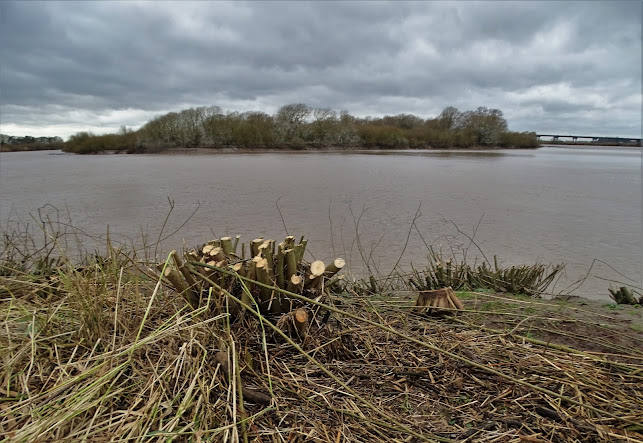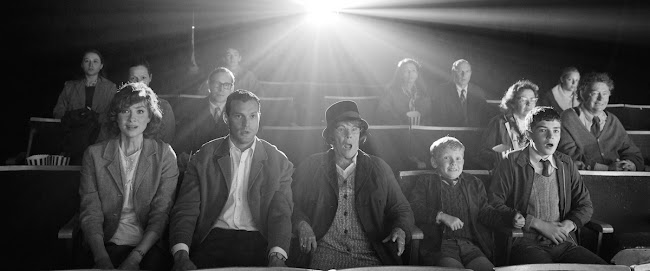I had set out early enough to factor in some walking and photo snapping around two villages that are close to Goole - Airmyn and Hook. These low-lying settlements sit close to The River Aire and The River Ouse respectively and were familiar to Young Tasker Dunham - the author of "A Yorkshire Memoir" - when he was but a boy.
Near to the football ground, there is a nice little cafe run by a young Polish couple. For the umpteenth time I met up with my friend Tony there and another Tigers fan called Carl.. I had what they call "a British breakfast" and afterwards a buttered toasted teacake with a mug of tea.
All three of us were hopeful when we marched through West Park to what is now called the MKM Stadium. After all, our beloved team had won their previous three matches against tougher opposition than The Lilywhites - Preston North End.. However, on the day,Preston were the better team and we could not resent their victory by just one goal to nil.
It takes just over an hour to drive back to Sheffield where my devoted wife had prepared an evening meal of grilled Lincolnshire sausages, fried mushrooms, baked beans and dauphinoise potatoes. Just what I needed to assuage my disappointment. Clint was left outside shivering in the February cold. He is too big to make it through our front door.
















